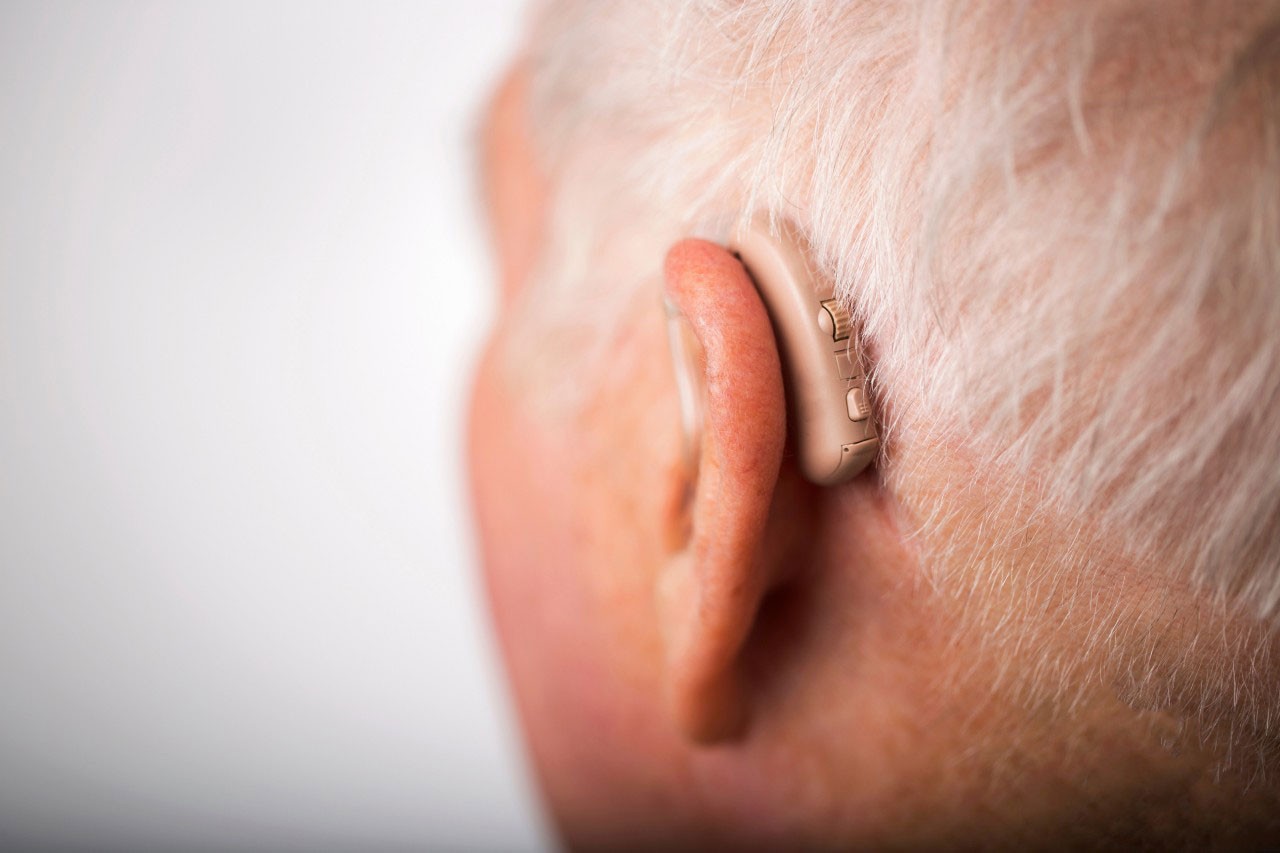February 14, 2018
Talking to People With Hearing Loss

EDITOR’S NOTE: This is the second installment of a multipart series on hearing loss and its effect on relationships. Read the first part here.
My hearing aids aren’t noticeable, and I hear well enough that most people won’t pick up a problem until they try talking to me from behind, or in a noisy restaurant, or when the inevitable moment comes that I mishear them.
So when I meet new people I think I’ll be seeing again, I tell them fairly quickly that I suffer from hearing loss.
Even if no one has confessed, you’re probably already communicating regularly with a hearing-impaired person — we’re everywhere, and often not wearing our hearing aids. You can help smooth communication. Although these tips may sound awkward, I’ve seen them become natural over time. People have adjusted for me, and I for them.
I am grateful when the people who speak with me remember to do the following:
Get my attention and make sure I can see them when they’re talking. They face me, and notice if the light is bad or shining in my face. They don’t try to talk to me from another room.
They make and maintain eye contact. They know that to some degree I’m reading their lips and expressions.
They admit to the verbal tics that make them hard to hear and try to correct their speech. If they know they speak quickly, they slow down. If they know they mumble, they speak up. Not every moment, but often enough so we have an understanding and I’m not embarrassed to point out when they’re speeding or mumbling.
They keep their hands away from their face while they’re talking and don’t try to talk while they’re eating or have a cigarette in their mouths.
They notice background noise and stop talking if the noise is temporary. Sometimes I don’t realize that it’s especially noisy because I’m trying so hard to hear. They point out the noise. I feel better and we then decide whether to switch phones, move, wait, close a window, or talk later.
If I can’t hear a particular phrase or word, they find a different way to say the same thing rather than repeat themselves.
If they are giving me specifics like a time or phone number, they are patient with me if I ask them to repeat. It’s best if I repeat the information back. I may think I’ve heard it and got it wrong. Even better, they give me details written in an email or text.
They recognize that I’ll have a harder time hearing and understanding when I’m tired, sick, or stressed.
They’re patient when I’m figuring out how to turn on English-language captions when we’re watching a show together. They remember that I’ll need to get to a theater a little earlier to pick up the amplification device.
Some people will need more help than I do. You may need to speak more slowly and repeat yourself.
Many older people don’t wear their hearing aids. Don’t let this become an ongoing quarrel. My father often arrives to social occasions without his hearing aids on. I used to notice promptly and say, “Can you put on your hearing aid?” in an angry tone. Guess how well that worked! Now, I talk normally and when he can’t hear me and needs me to repeat myself, I do so without anger. If it happens two or three times, I say, “Is something wrong with your hearing aids?” He usually says that they haven’t been working well lately but puts at least one on.
Write me with the health questions affecting your relationships at editor@yourcareeverywhere.com.


